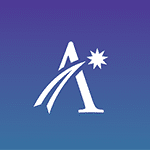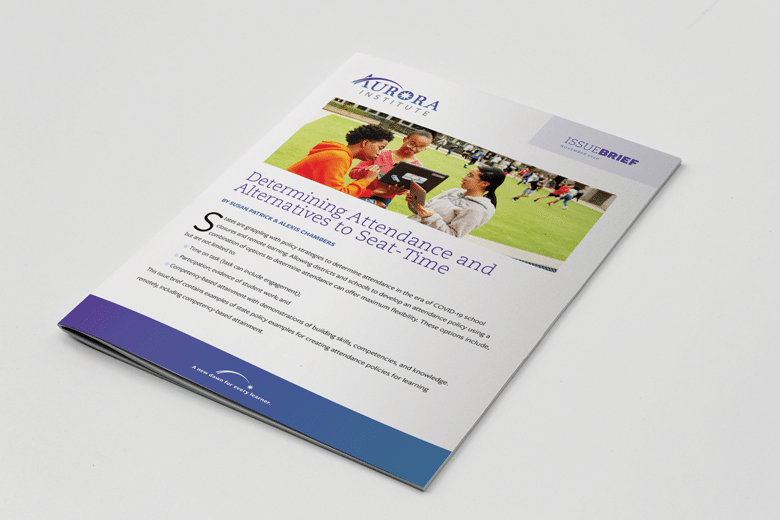Press Release
How Can States and Districts Define What Counts as Attendance During Remote Learning?
New Aurora Institute Issue Brief Offers Examples and Analysis of Flexible Attendance Policies in K-12 Education
WASHINGTON, D.C., November 13, 2020—An analysis by the Aurora Institute (@Aurora_Inst) has yielded recommendations for how states can allow more flexibility in how schools and districts determine what attendance means in the COVID-19 era of remote learning.
The national nonprofit announced the publication of an issue brief, Determining Attendance and Alternatives to Seat-Time, today at its National Policy Forum, an invite-only gathering of more than 160 state education policymakers.
Attendance policies in K-12 education have long relied on policies like how much time students spend in their seats in a classroom, or whether they are in the line of sight of their instructor.
“COVID-19, however, laid bare the massive fault lines in using this logic for attendance policies, which hail from a bygone industrial era,” said Susan Patrick, President and CEO of the Aurora Institute. “Even without COVID-19, students in innovative educational settings were learning at internships, at work, in their communities, and in many other ways and at many other places besides the traditional classroom. This issue brief is to help support states in aligning their attendance policies with broader definitions of attendance that decouple it from time and place and free students to learn anytime, anywhere.”
The new issue brief calls on states to allow districts more flexibility in creating attendance policies, especially so that they may focus more on whether students are learning, not just whether they’ve logged in. Specifically, the brief advises using:
- Time on task (can include engagement);
- Participation;
- Evidence of student work; and
- Competency-based attainment with demonstrations of building skills, competencies, and knowledge.
The issue brief contains 10 examples for creating attendance policies from states such as Oregon, Florida, New Hampshire, Indiana, and Wisconsin. In addition, it offers policies from four states using seat-time alternatives as one of many policies to advance toward personalized, competency-based education.
Determining Attendance and Alternatives to Seat-Time is available for download here: https://aurora-institute.org/resource/determining-attendance-and-alternatives-to-seat-time.
 About Aurora Institute
About Aurora Institute
Aurora’s mission is to drive the transformation of education systems and accelerate the advancement of breakthrough policies and practices to ensure high-quality learning for all. Aurora is shaping the future of teaching and learning for more than 14 million students through its work in policy advocacy, research, and field-building/convening. We work on systems change in K-12 education, promote best practices, examine policy barriers, and make recommendations for change. Aurora has a national and global view of education innovation and lifts up promising policies and practices that yield improved outcomes for students. Aurora envisions a world where all people are empowered to attain the knowledge, skills, and dispositions necessary to achieve success, contribute to their communities, and advance society.
